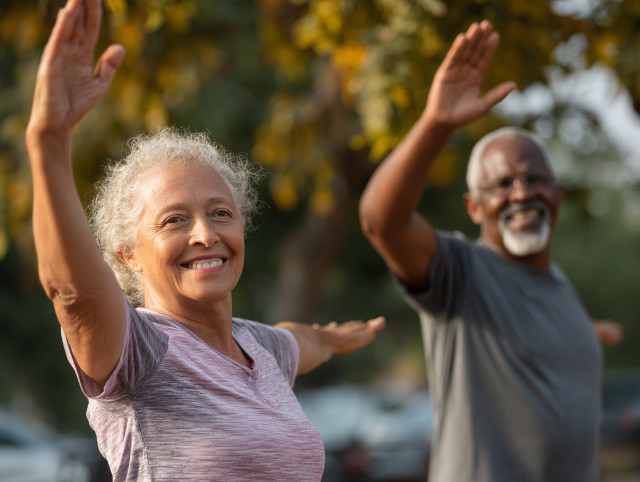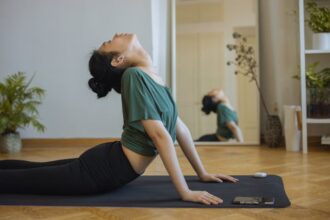A growing body of evidence suggests that where we exercise matters just as much as how we exercise. A recent study from the University of Copenhagen, in collaboration with the University of Verona, has revealed that walking in natural settings produces superior health benefits compared with identical activity carried out in city streets or indoor gyms. These findings not only enhance our understanding of how the environment influences physical activity but also offer valuable insights for improving public health and urban planning.
The research team asked twenty-five young men to take part in a controlled experiment, where each was required to walk at a brisk but consistent pace across three distinct environments: a natural area, an urban route, and an indoor fitness centre. Following each walk, participants’ moods, stress levels, and physical exertion were measured. The results highlighted striking differences. Walking in green surroundings led to more relaxed states, reduced cortisol levels, greater enjoyment, and lower fatigue, while city and indoor walks were far less effective in producing these outcomes.
Associate Professor Stefano De Dominicis, from the Department of Nutrition, Exercise and Sports at the University of Copenhagen, explained that the participants consistently felt more positive and less stressed after time in nature. This effect was not only visible in their self-reported experiences but also confirmed through physiological data. The study stands out because it is among the first to combine both subjective and objective measures to compare natural, urban, and indoor exercise environments.
The mental health benefits of exercising in green spaces were particularly striking. Participants rated natural environments as the most restorative and uplifting, reporting higher levels of joy, satisfaction, and optimism. Conversely, negative emotions such as boredom, irritation, and anxiety were significantly reduced in nature. Interestingly, feelings of boredom actually increased during indoor exercise, while they decreased in natural settings. The sense of calm reported was also greatest outdoors and weakest indoors, reinforcing the idea that nature supports psychological recovery in ways that artificial environments cannot.
These findings reflect a more profound evolutionary truth. As De Dominicis points out, humans evolved in natural environments, and our brains remain finely attuned to them. It is therefore unsurprising that time in nature continues to provide such profound benefits. What makes this study particularly compelling, however, is the participants’ expressed desire to repeat the activity. They were far more motivated to walk again when the exercise took place outdoors, suggesting that nature not only boosts mood in the short term but also sustains long-term commitment to physical activity.
Physiological measures supported these observations. Heart rates dropped more rapidly following outdoor walks, and heart rate variability—a measure of how well the body engages its parasympathetic “rest and recover” system—was 20 to 30 per cent higher compared with indoor exercise. These results demonstrate that nature helps the body return to balance more efficiently, further underscoring the restorative power of green environments. Although gyms and indoor activities provide valuable benefits, particularly through social interaction and accessibility, the evidence suggests that even occasional shifts outdoors can make a meaningful difference.
From a practical perspective, the researchers recommend incorporating nature into exercise routines at least once a week. Replacing just one indoor session with thirty minutes of brisk walking in a park, forest, or along the coast could significantly reduce stress levels, improve mood, and encourage more consistent engagement in physical activity. For those struggling to establish regular exercise habits, outdoor environments may provide the extra motivation needed to begin and maintain healthier routines.
Finally, the study highlights broader implications for public health and urban design. By showing that participants’ subjective experiences are backed up by physiological evidence, the research emphasises the importance of green spaces not only for recreation but also as tools for health promotion. Municipalities and health professionals could therefore consider prioritising parks, trails, and accessible natural spaces as part of strategies to tackle issues such as obesity, stress, and mental illness. In a world increasingly defined by urbanisation, these findings remind us that nature is not a luxury but a vital component of human health and well-being.
More information: Luca Laezza et al, Evaluating the benefits of green exercise: A randomized controlled trial in natural and built environments assessed for their restorative properties, Psychology of Sport and Exercise. DOI: 10.1016/j.psychsport.2025.102883
Journal information: Psychology of Sport and Exercise Provided by University of Copenhagen








